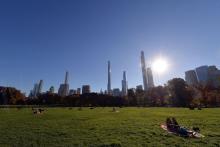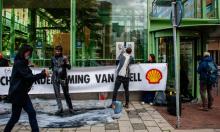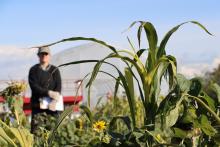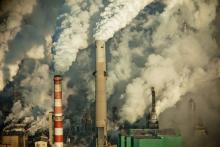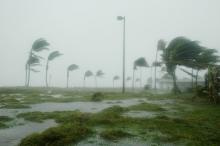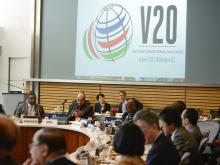November 26th 2020
The world’s nations are racing to rein in the climate crisis while maintaining strong economies. Troublingly, Canada is far behind in this time-critical race to build a low-carbon economy. Our decades of foot-dragging have put both our future prosperity and our climate at risk.

